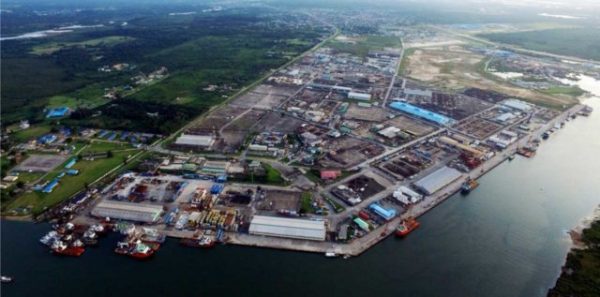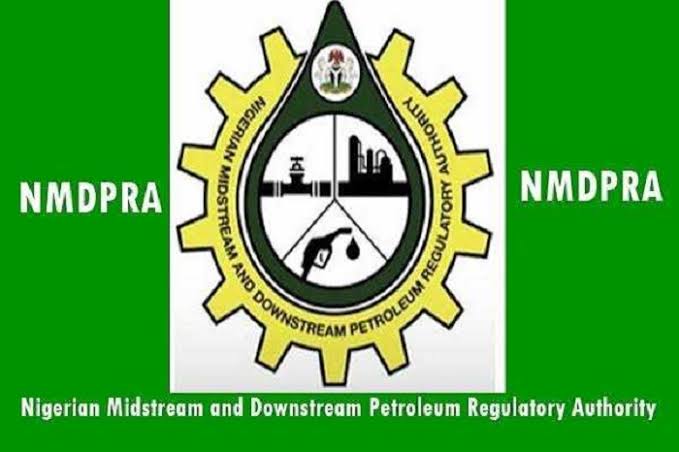Nigeria Targets N12trn In 4 Years With Oil Sector Deregulation

By Kenneth Jukpor
The Petroleum Products Marketing Company (PPMC) has stated that a total deregulation of the nation’s oil sector could see Nigeria save over N12trillion in four years.
PPMC’s Managing Director, Mr. Isiyaku Abdullahi made this claim yesterday while speaking at the ongoing 15th edition of the Oil Trading Logistics (OTL) Africa Downstream Conference and Exhibitions.
According to Abdullahi, full deregulation of the oil sector would usher in competition while the government would save the trillions expended on subsidies and other commitments that would amount to N12trillion in just four years.
He explained that the trillions would better equip the government to live up to its responsibilities in crucial infrastructure developments such as; roads, health care facilities, maritime security, education, among others.
Noting that the new Petroleum Industry Act (PIA) has created the framework for full deregulation of the nation’s oil sector, the PPMC boss also expressed optimism that the move would dissipate the pressure of forex and aid in stabilizing the naira.
“With the federal government and NNPC’s commitment to have the Nigerian refineries working especially the Port Harcourt and Warri refinery by the end of this year, as well as the Dangote Refinery coming up next year; we would have a lot of petroleum products refined in-country. This would see us buy and sell the product in naira and the pressure on forex from this sector will be minimized,” he said.
Speaking further, the PPMC boss opined that in-country refining of petroleum products would also see the nation’s fuel market transform from the current import dependent state to net-exporter status.
Meanwhile, the immediate past Director General of Lagos Chamber of Commerce and Industry (LCCI), Dr. Muda Yusuf observed that political economy issues had for several decades impeded the growth of the nation’s oil and gas sector.
Yusuf, who was asked to give an outlook of the oil sector from the prism of an economist and external observer, said; “the petroleum downstream sector is perhaps the biggest casualty of the political economy challenge. The economy had suffered considerable setback as well, from a macroeconomic standpoint.”
He expressed worry that there is still a lack of political will to push through the needed reforms in the sector, adding that pronouncements at the highest level of political leadership in the country are pointers in this direction.
“The fact that the government is still reluctant to let go of the refineries should be a source of concern as it could pose a risk to the reform outcomes,” the economist said.
While most of the downstream operators at the conference welcomed the move for full deregulation of the oil and gas sector at the summit, the Labour union represented by the Auditor of Trade Union Congress (TUC), Dr. Obinna Ogbonna demanded guarantees of job security for workers.
According to Dr. Ogbonna, the Labour union which protects the interest of the masses, wouldn’t allow the deregulation further impoverish Nigerians via massive job losses in an already difficult economic situation.
He noted that several government administrations have always increased the retail prices of petroleum products irrespective of economic bouyancy or recessions, adding that the government as well as the private operators in the new arrangement must prioritize labour demands.






